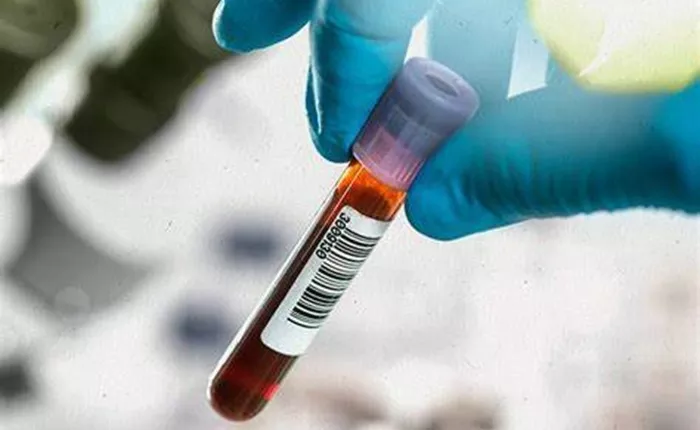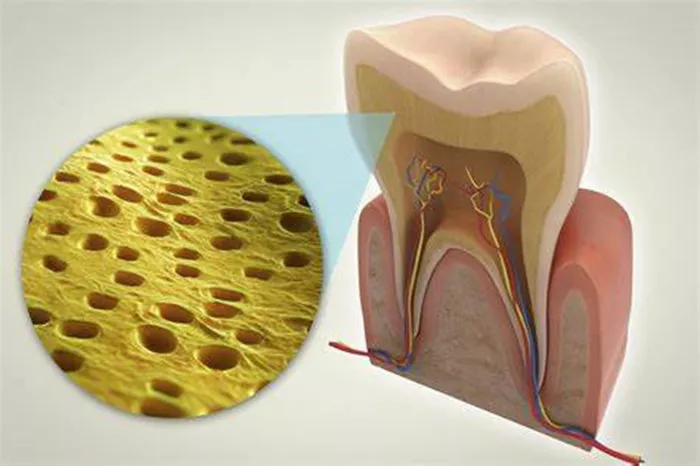Researchers in London and Copenhagen unveil groundbreaking lipid analysis for early diagnosis of serious conditions.
A team of scientists in London and Copenhagen has developed a new blood test that could dramatically improve the early detection of serious health conditions in children, such as type 2 diabetes, liver disease, and heart disease.
The test, which analyzes lipids (fats) in the blood, offers doctors a faster way to spot early signs of metabolic disorders, potentially allowing children to access life-saving treatments sooner. Researchers at King’s College London, where the study was conducted, believe this breakthrough could act as a crucial early warning system for several life-threatening illnesses.
“For decades, we’ve used a simple good and bad cholesterol model,” said Dr. Cristina Legido-Quigley, the study’s lead author. “However, this new test allows us to assess a much broader range of lipid molecules, which could be key indicators of disease.”
Legido-Quigley, a systems medicine leader at King’s and the Steno Diabetes Center Copenhagen, highlighted the significance of this development. “In the future, we could potentially evaluate individual risk for diseases and even work to prevent conditions like diabetes by altering these lipid molecules.”
The study, published in Nature Medicine, sheds new light on the role of lipids in children’s health. While cholesterol has long been associated with complications in childhood obesity, the researchers identified new types of lipids that contribute to health risks such as high blood pressure, which are not exclusively tied to a child’s weight.
Traditionally, lipids have been classified into good and bad cholesterol, as well as triglycerides. However, the team’s research suggests that lipid biology is far more complex. Using a technique called mass spectrometry, the scientists discovered that the body contains thousands of different types of lipids, each with its own specific role.
The study involved a control group of 1,300 children living with obesity. The researchers analyzed their blood lipids and then placed 200 of the children on the Holbaek model, a Danish lifestyle intervention aimed at managing obesity. After a year, they found that lipids linked to diabetes risk, insulin resistance, and blood pressure had decreased in the intervention group, even though many of the children showed only modest improvements in their BMI.
“This study emphasizes the importance of early recognition of children at risk for life-threatening diseases,” said Dr. Karolina Sulek, a researcher from the Steno Diabetes Center Copenhagen. “It also supports compassionate obesity management, giving parents the confidence to help their children make necessary lifestyle changes.”
Looking ahead, the researchers plan to explore how genetics influence lipid levels and what this means for the development of metabolic diseases. They are also working on understanding how lipid levels can be modified to enhance overall health.
This new blood test represents a significant step forward in pediatric healthcare, with the potential to revolutionize how doctors assess and manage disease risks in children, offering hope for earlier intervention and better health outcomes.
[inline_related_posts title=”You Might Be Interested In” title_align=”left” style=”list” number=”6″ align=”none” ids=”12426,12299,12196″ by=”categories” orderby=”rand” order=”DESC” hide_thumb=”no” thumb_right=”no” views=”no” date=”yes” grid_columns=”2″ post_type=”” tax=””]


































